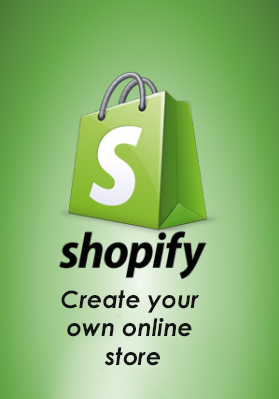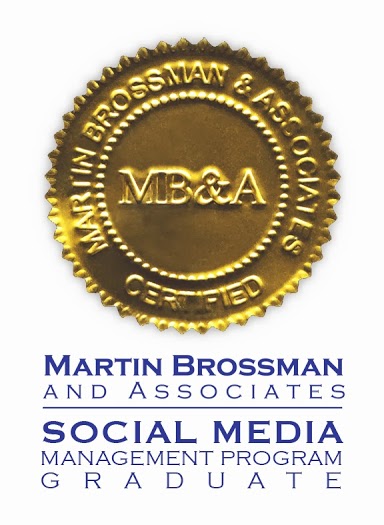A discussion on the Conway School of Landscape Design Linkedin Group about “what projects are you working on?” prompted me to offer, “we should have a Pinterest account for this…”
Volunteering….
People weren’t sure how we could use Pinterest as alumni, and what putting projects on a CSLD account would do for their own business.
Here are some ideas for boards:
- Board showing the school, inside and out. Might need someone with a smart phone & Pinterest app on the ground to load this; not sure if there are enough on the school website.
- Board about Conway the town (need someone on the ground locally if Conway doesn’t have an image inventory on its website)
- Board with pins showing the staff; linking to the Faculty pages (or other bio information)
- Board with this year’s students, linking to whatever website they want to point their pin to
- Board with the 2013 projects
- Alumni board (Would have to do some web research plus work with the alumni list; realize I’m volunteering to do this bit)
- Group board with alumni projects; if we have enough activity on this I can see it being subdivided in to different types of projects. I’m not working in landscape now but I certainly have enough projects. Link to Behance or other portfolio site; Pinterest can pin video, presentation, audio. Could be a lot of material.
- Group board with books written by or recommended by faculty and alumni
- Board about attractions / points of interest in Western MA.
- Board with pins about other landscape programs in the area, or in the country.
One person said, “I’m not sure how I’d interact with a CSLD account” (paraphrase). My thoughts:
Benefits of participating (following AND pinning to) a CSLD account:
- Additional recruiting tool for the school (mixed thoughts on whether it would be cost-effective compared to everything else the staff does to recruit)
- Access to different / more followers (presuming we can make the account rich enough & active enough to hit the magic “100” number where followers start growing exponentially (OK, they do at any level, but the first part of the curve is virtually identical to a straight line, not a curve)
- Access to different sources of ideas
- Traffic to your own website. What you do with it there is up to you. (I could write a much longer rant about the need for marketing if you’re self employed; alums either know this first hand, or don’t need to know it because they’re in jobs that don’t require self-marketing.)
- More active connection with the alums
- Where the FB page is linear, a Pinterest account is horizontal and less prone losing information “below the fold”
- Where the FB page tends to lose information quickly (within days, once new stuff is added), Pinterest pins have an internet half-life second only to YouTube videos
That’s enough for this morning. I’m willing to do some of this work; need someone locally to be the official contact if this will be a “business” account (and it should be). I’ll be away over Thanksgiving but can get back to it in early December. Ideally, comment on the LI group entry because I have moderation turned on for this post and won’t be able to read or approve any comments while I’m gone.













Follow Us!